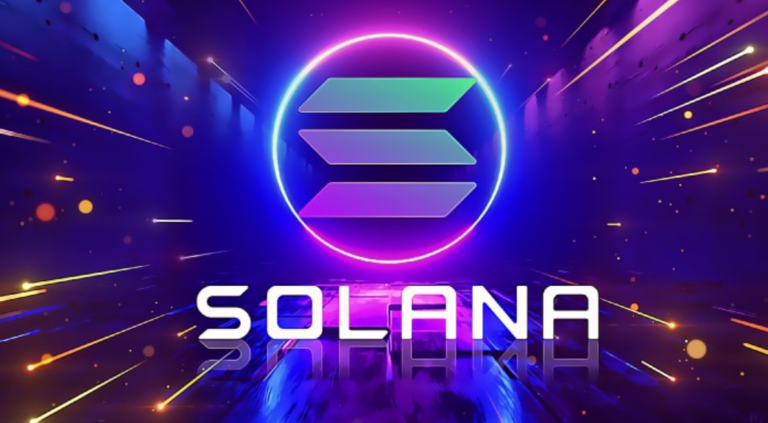What is a cryptocurrency
Cryptocurrency revolutionizes digital currency by operating independently of traditional banking systems. Unlike physical money, users trade cryptocurrencies purely in digital form and secure transactions using cryptographic technology. These digital assets function on decentralized networks, primarily blockchain, which records all transactions transparently and securely in a public ledger.
In 2009, an anonymous entity known as Satoshi Nakamoto introduced Bitcoin (BTC), the first and most well-known cryptocurrency. Since then, developers have created thousands of cryptocurrencies, including Ethereum (ETH), Binance Coin (BNB), and Solana (SOL), each offering unique features and use cases. People use these digital currencies for various purposes, such as making online transactions, investing, and powering decentralized applications.
Why To Invest In Cryptocurrency
Investing in cryptocurrency can offer several potential benefits, though it also comes with risks. Here are some reasons why people might consider investing in cryptocurrency:
1.High Potential Returns
2.Diversification
3.Innovation and Technology
4.Decentralization
5.Global Accessibility
6.Liquidity
7.Inflation Hedge:
8.Innovation Opportunities
Disclaimer
However, it’s important to approach cryptocurrency investments with caution, understanding that they can be highly volatile and speculative. Always conduct thorough research, consider your risk tolerance, and consult with financial advisors if needed before investing.
Best Cryptocurrency For Long Term
Decentralization: Bitcoin operates on a decentralized network, meaning no central authority controls it. This ensures that transactions are not influenced by governments or banks.
Security: Bitcoin uses blockchain technology, which provides a high level of security. Each transaction is recorded in a public ledger and encrypted, making it nearly impossible to tamper with.
Transparency: Bitcoin’s blockchain is open and accessible to anyone. Users can verify transactions, ensuring transparency and reducing the risk of fraud.
Limited Supply: Bitcoin has a fixed supply of 21 million coins, which helps protect against inflation and ensures its scarcity, increasing demand over time.
Global Accessibility: Bitcoin can be accessed and used globally. Anyone with an internet connection can send or receive Bitcoin, making it ideal for international transactions without the need for intermediaries.
Store of Value: Many consider Bitcoin a “digital gold” due to its potential to preserve value over time. It has shown to act as a hedge against inflation in uncertain financial environments.
Low Transaction Costs: Bitcoin transactions generally have lower fees compared to traditional banking systems, especially for international transfers.
Ethereum is a decentralized, open-source blockchain platform that enables developers to build and deploy smart contracts and decentralized applications (dApps). Created by Vitalik Buterin and launched in 2015, Ethereum goes beyond the capabilities of Bitcoin by allowing more complex and programmable interactions through its built-in programming language, Solidity
Smart Contract Functionality: Ethereum allows developers to create and execute smart contracts, which are self-executing contracts with the terms directly written into code. This makes decentralized applications (dApps) possible.
Decentralized Applications (dApps): Ethereum enables the development of decentralized applications (dApps) without a central authority, promoting transparency, security, and trustless transactions.
Ethereum Virtual Machine (EVM): The Ethereum Virtual Machine allows developers to write code in various programming languages, making it easier to develop applications. It ensures that smart contracts execute consistently and securely across the network.
Strong Developer Community: Ethereum has one of the largest and most active developer communities. This ensures continuous innovation, faster development of new features, and better support for developers.
Wide Adoption and Integration: Many businesses and financial institutions have adopted Ethereum for token issuance, decentralized finance (DeFi) protocols, and enterprise blockchain solutions, making it highly integrated in the blockchain ecosystem.
Solana is a high-performance blockchain platform designed for decentralized applications and cryptocurrencies. It’s known for its fast transaction speeds and low fees, which are made possible by its unique consensus mechanism called Proof of History (PoH), combined with Proof of Stake (PoS). This allows Solana to process thousands of transactions per second, making it a popular choice for projects needing high scalability
High Transaction Speed: Solana can process over 65,000 transactions per second (TPS), making it one of the fastest blockchains available. This high throughput enables quick and efficient transactions.
Low Transaction Costs: Solana’s transaction fees are minimal, often less than a cent per transaction. This makes it a cost-effective option for developers and users.
Scalability: Solana is highly scalable due to its unique Proof-of-History (PoH) consensus mechanism, which allows the network to handle increasing demand without compromising performance.
Developer-Friendly: Solana provides robust developer tools and supports multiple programming languages, including Rust and C. This makes it easier for developers to build decentralized applications (dApps).
Energy Efficiency: Solana’s Proof-of-History and Proof-of-Stake mechanisms are more energy-efficient than Proof-of-Work systems like Bitcoin, contributing to a more sustainable network.





Pingback: BEST EV STOCKS IN INDIA -